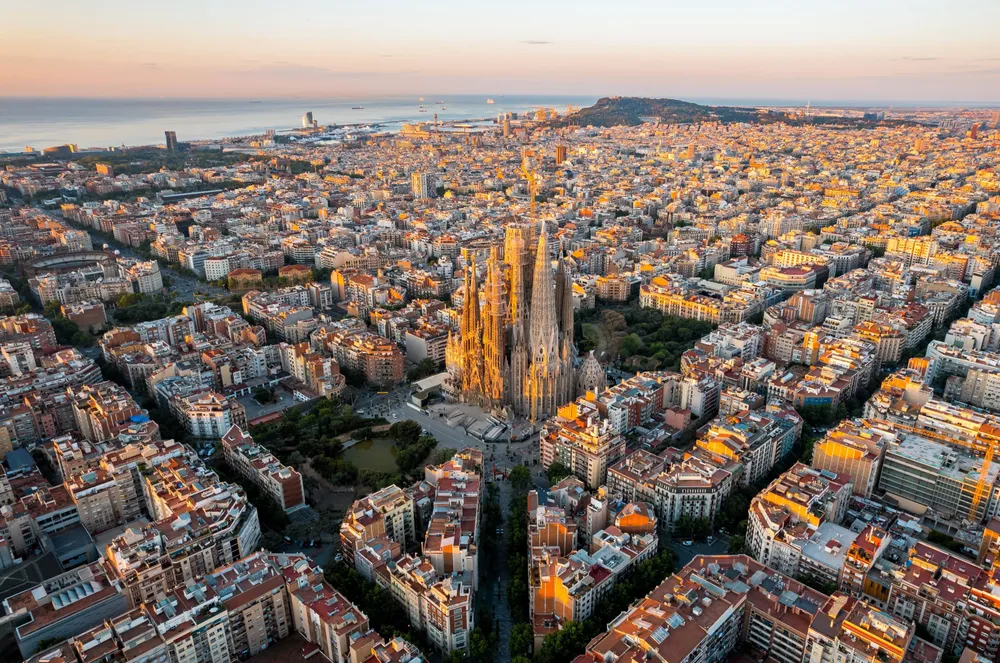Barcelona to become Spain’s largest hydrogen bus operator after placing €23.4m order with manufacturer Solaris
Publicly-owned transport company TMB buys 38 fuel-cell buses that will be supplied with green H2 by Iberdrola

Publicly-owned transport company TMB buys 38 fuel-cell buses that will be supplied with green H2 by Iberdrola
